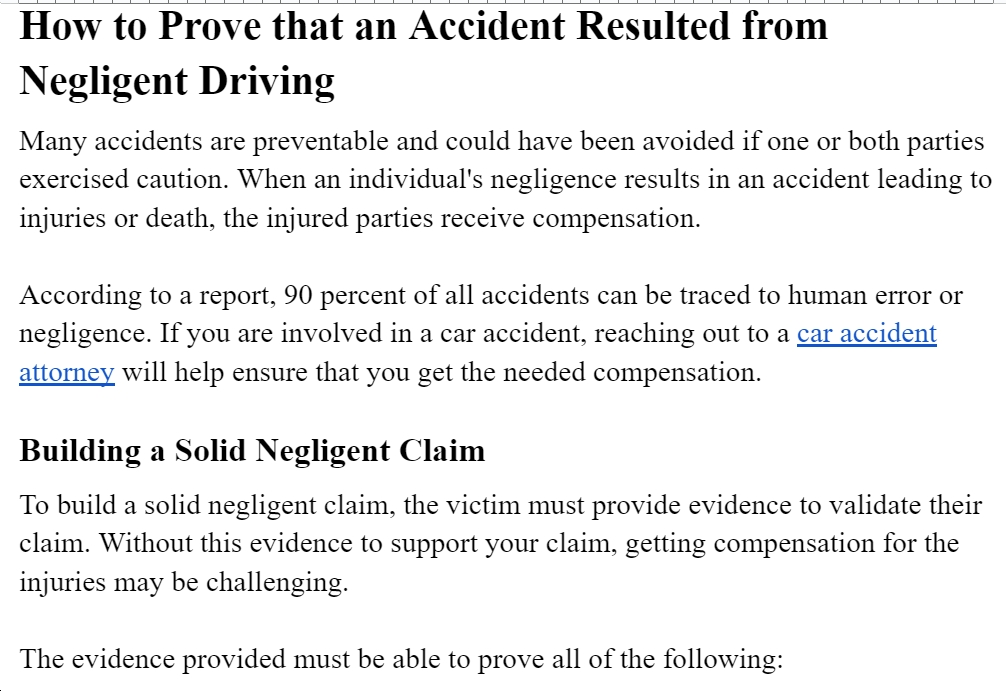In the ever-expanding world of e-commerce, having a visually appealing website with a vast array of products is just the first step. Businesses need to make their websites search engine-friendly in order to do well in the very competitive online market. A big part of making e-commerce sites more noticeable and getting free traffic is search engine optimization (SEO). This, in turn, leads to more sales and conversions. In this article, we’ll delve into effective SEO strategies tailored specifically for e-commerce businesses, exploring how they can partner with an SEO agency to achieve remarkable results.
Keyword Research And Optimization
The cornerstone of any successful SEO campaign for e-commerce is meticulous keyword research. Identifying the right keywords allows businesses to align their product offerings with what potential customers are searching for online. Utilizing keyword research tools and analyzing competitors can uncover valuable insights into high-traffic and low-competition keywords.
Once relevant keywords are identified, optimizing product listings, category pages, and content with these keywords becomes crucial. This involves integrating keywords naturally into product descriptions, titles, meta tags, and image alt texts. A well-executed keyword strategy enhances the visibility of individual products, making it easier for search engine users to discover them.
User-Friendly Website Design
User experience is paramount in e-commerce, and it also influences SEO rankings. A cluttered, slow, or confusing website can deter visitors and harm your SEO efforts. An SEO agency can collaborate with your e-commerce business to improve website design, ensuring it’s user-friendly and mobile-responsive.
Faster page loading times, intuitive navigation, and clear product categorization can make a significant difference in retaining visitors and increasing conversions. Moreover, a seamless shopping experience often leads to positive user reviews and better search engine rankings.
High-Quality, Engaging Content
A blog post or story isn’t the only thing that counts as content. Product information, customer reviews, videos, and pictures also count. High-quality, engaging content not only informs potential customers but also influences their purchasing decisions. An SEO agency can assist in developing a content strategy that highlights product features, benefits, and solutions to common pain points.
User-generated content, like ratings and reviews from customers, can boost trust and trustworthiness, which can have an even bigger effect on search engine results. Regularly updating content with fresh, relevant information can also signal to search engines that your e-commerce website is active and valuable to users.
Technical SEO And Site Structure
In the complex world of e-commerce, technical SEO is often overlooked but remains crucial for success. Ensuring proper site structure, minimizing duplicate content, and optimizing product URLs are all technical aspects that an experienced SEO agency can address. Implementing schema markup can enhance the visibility of products in search engine results pages, providing users with additional information directly in the search listings.
Additionally, optimizing website speed, addressing crawl errors, and creating XML sitemaps can all contribute to improved search engine rankings. These technical SEO enhancements not only make your website more search-engine-friendly but also improve the overall user experience.
On-Page SEO And Product Listings
Each product listing on your e-commerce website is an opportunity to implement on-page SEO strategies. Product titles, descriptions, meta tags, and images should all be optimized to maximize their visibility in search results. Creating unique, compelling product descriptions that highlight the benefits and features of each item can make a significant difference in attracting potential customers.
An SEO agency can conduct A/B testing to determine which product listing elements are most effective in driving conversions. Continuously refining and optimizing these listings based on data and performance can lead to substantial sales growth.
Link Building And Authority Building
Earning backlinks from reputable websites is a critical aspect of SEO for e-commerce. When people link to your site in a smart way, search engines will see it as more reliable and important. Partnering with influencers, collaborating with industry publications, and engaging in content marketing efforts are all effective ways to acquire valuable backlinks.
Moreover, an SEO agency can assist in managing and monitoring your link profile to ensure it remains healthy and free from spammy or low-quality links that can negatively impact your rankings.
Local SEO For Physical Stores
For e-commerce businesses with physical store locations, optimizing for local SEO is essential. This involves creating and optimizing Google My Business listings, managing online reviews, and ensuring that accurate business information, such as addresses and operating hours, is readily available to users.
An effective local SEO strategy, when executed correctly, can drive foot traffic to physical stores and boost online sales. An SEO agency can help synchronize your e-commerce and local SEO efforts for maximum impact.
Conclusion
In the highly competitive world of e-commerce, investing in a comprehensive SEO strategy is not just an option; it’s a necessity. By using the above tactics, e-commerce companies can make their websites more visible, get more free traffic, and eventually make more sales and conversions. To navigate the intricacies of SEO effectively, partnering with an experienced SEO agency can provide invaluable expertise and resources, helping e-commerce businesses achieve remarkable results in the ever-evolving digital landscape.



